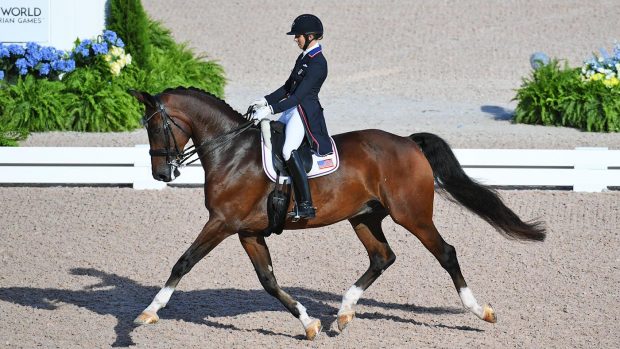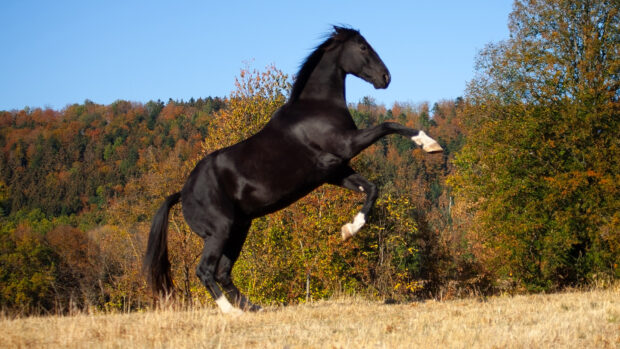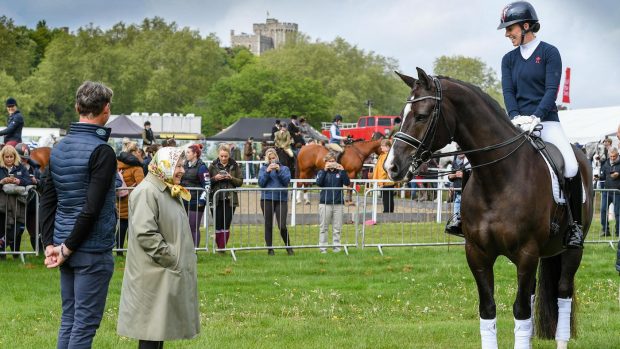THE return of teams of four, restricting whip use to once in competition and strict controls on noseband tightness are among the recommendations made by the French government for the Paris 2024 Olympics.
A French parliament study group has made 46 recommendations for making Paris “a model in terms of equine welfare”.
In its introduction, the report refers to incidents at the Tokyo Games, which “triggered some very strong reactions from the media and spectators, with a section of the population asking for a ban of all equestrian competitions from the Olympic Games, considering them to be practices harmful to the wellbeing of horses”.
The report adds: “It therefore seems essential to us to think about possible improvements” for horses and for the future of the sport.
The incidents to which it refers are the euthanasia of Jet Set, who suffered an irreparable injury on the cross-country under Switzerland’s Robin Godel, the riding of Saint Boy in the modern pentathlon and a nosebleed suffered by Kilkenny, ridden by Ireland’s Cian O’Connor, in the individual showjumping.
“The media and animal protection associations were outraged by these three spectacular incidents for the general public,” the report states. “Other professional voices in equestrian sports are increasingly speaking out against certain training methods such as hyperflexion, or against physical artifices that constrain the horse’s posture… or medicinal artifices that can jeopardise the health of the horse.”
It adds: “Tensions which seem to be growing are evident between the various stakeholders in equestrian sports: media, public, animal protection groups, riders, federations, and professional organisations.
“Everyone wants the Paris 2024 Olympic Games to be an example in terms of respect for horses, and for the general public to continue to enjoy following the equestrian events.”
The recommendations cover facilities, such as the fact horses should have sufficient areas for relaxation, and feeding, stating that horses should have forage multiple times a day, or ad lib if possible.
On tack, the report recommends “improving the controls against the excessive tightening of nosebands and curb chains”, with random “more calibrated” checks and penalties for infringement, and to review and ban tack that can cause horses harm, “in particular nosebands that increase the capacity to tighten (crank, lever, grackle, double, and so on) as well as flash nosebands in all disciplines”.
The report recommends banning gag/elevator bits across country, especially used with a flash or grackle, combination bits and the use of martingales with elevator/gag bits throughout the venue.
It states that: “Ideally, whipping should be absent from competition at this level altogether”, recommending that the whip be used no more than once in competition and twice in the warm-up, with disqualification possible as a sanction. Belly bands should be banned, the report states, riders allowed not to wear spurs in dressage and all artificial aids should be checked.
The report recommends more testing of horses for doping or altered sensitivity, equine herpes vaccinations to be mandatory, and banning joint injections of any type from two weeks before the event. Any horse showing any blood should be stopped and eliminated.
In dressage, any flexion that puts the horse’s head behind the vertical should be banned, the report states, and the showjumping should return to the pre-Tokyo four-combination format.
“Where a team rider withdraws [in the three-rider format], their score is also counted, and the resulting pressure pushes the rider to finish the course even if the horse is in poor shape,” the report states.
Eventing recommendations include 100% frangible fences, which would have “no right angles or protruding parts”.
The report also covers the pentathlon, with recommendations including a different horse for every rider and adopting FEI welfare and safety rules, as well as reducing fence height to 1.10m.
“These recommendations will probably seem excessive to some professionals and insufficient to some animalists,” the report concludes. “This undoubtedly means that the cursor is well placed, reasonable and without excess, a balance which would allow the horses, the riders, the teams, the organisers and France to experience a wonderful Paris 2024 Olympic Games, placed under the banner of horse welfare.”
An FEI spokesman told H&H: “The FEI confirms that many of the recommendations proposed are already in the FEI rules and are just confirming what already exists. We believe that the FEI rules and Olympic and Paralympic regulations and the operations are guaranteeing horse welfare at the highest level.”
A British Equestrian spokesman told H&H the organisation is reviewing the report but supports any work aiming to improve rider and horse welfare.
“Welfare is always a top priority of ours, and of the FEI, and we work to constantly review any issues which arise in our sports,” she said. “We work under a robust structure, which is regularly updated, and a good number of the report’s suggested recommendations appear to be covered by the FEI’s current regulations and procedures.
“However, we remain open to input from all sources and will work with our member bodies and the FEI where necessary to champion welfare in our sports, not just at elite level but for all participants.”
World Horse Welfare CEO Roly Owers told H&H: “This is yet another timely reminder of the importance for horse sport to maintain the trust of the public – its social licence – to have a secure future. As an equine welfare charity that supports responsible horse sport, we welcomed the opportunity to provide evidence to the French Parliament – and the reality is that hearings like this are becoming ever more common. We have seen how governments in some countries have stepped in to regulate or even ban sports involving animals when the public do not have confidence in their welfare practices. If not heeded these recommendations for the Olympics could be a step down that path.
“The horse-human partnership can be awe-inspiring and the next Olympics are a real opportunity to demonstrate to a vast, global audience that the welfare of the horse is truly put first in elite sport, and horses are given the care and respect they deserve.”
You might also be interested in:

New Olympic format ‘did not serve horses, riders or sport’
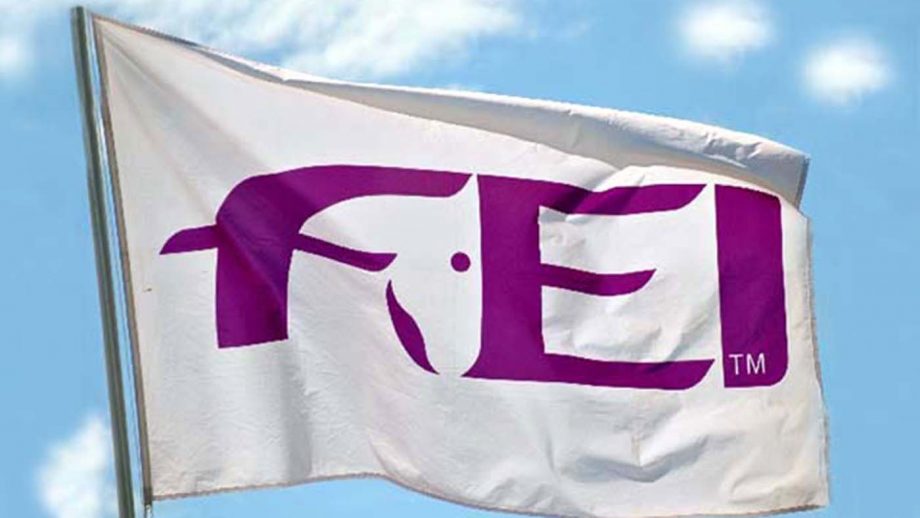
Questions remain over horse sport at Paris 2024 Games with no organising committee in place
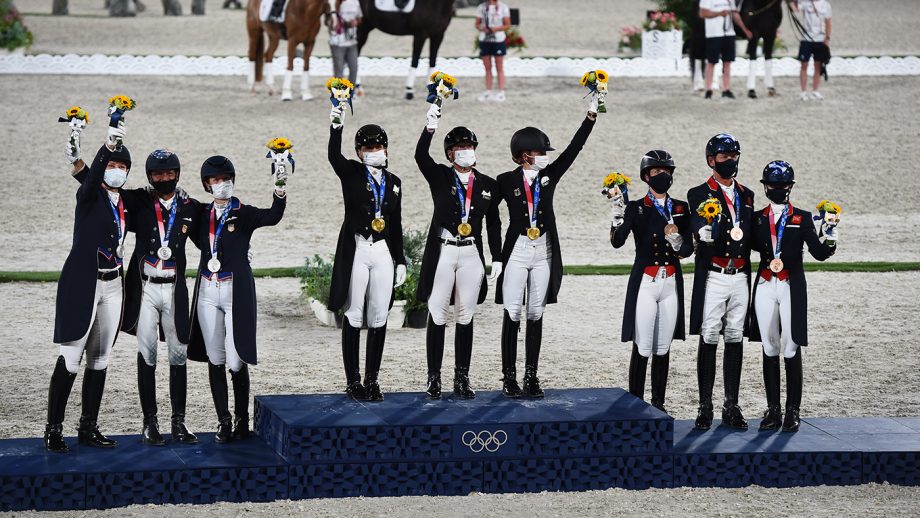
Three to a team gets the nod for Paris 2024 despite concerns

Format debrief as key aim is to keep horses at the Olympics

Early plans revealed for ‘most spectacular’ Paris 2024 equestrian venue

Subscribe to Horse & Hound magazine today – and enjoy unlimited website access all year round
Horse & Hound magazine, out every Thursday, is packed with all the latest news and reports, as well as interviews, specials, nostalgia, vet and training advice. Find how you can enjoy the magazine delivered to your door every week, plus options to upgrade your subscription to access our online service that brings you breaking news and reports as well as other benefits.


